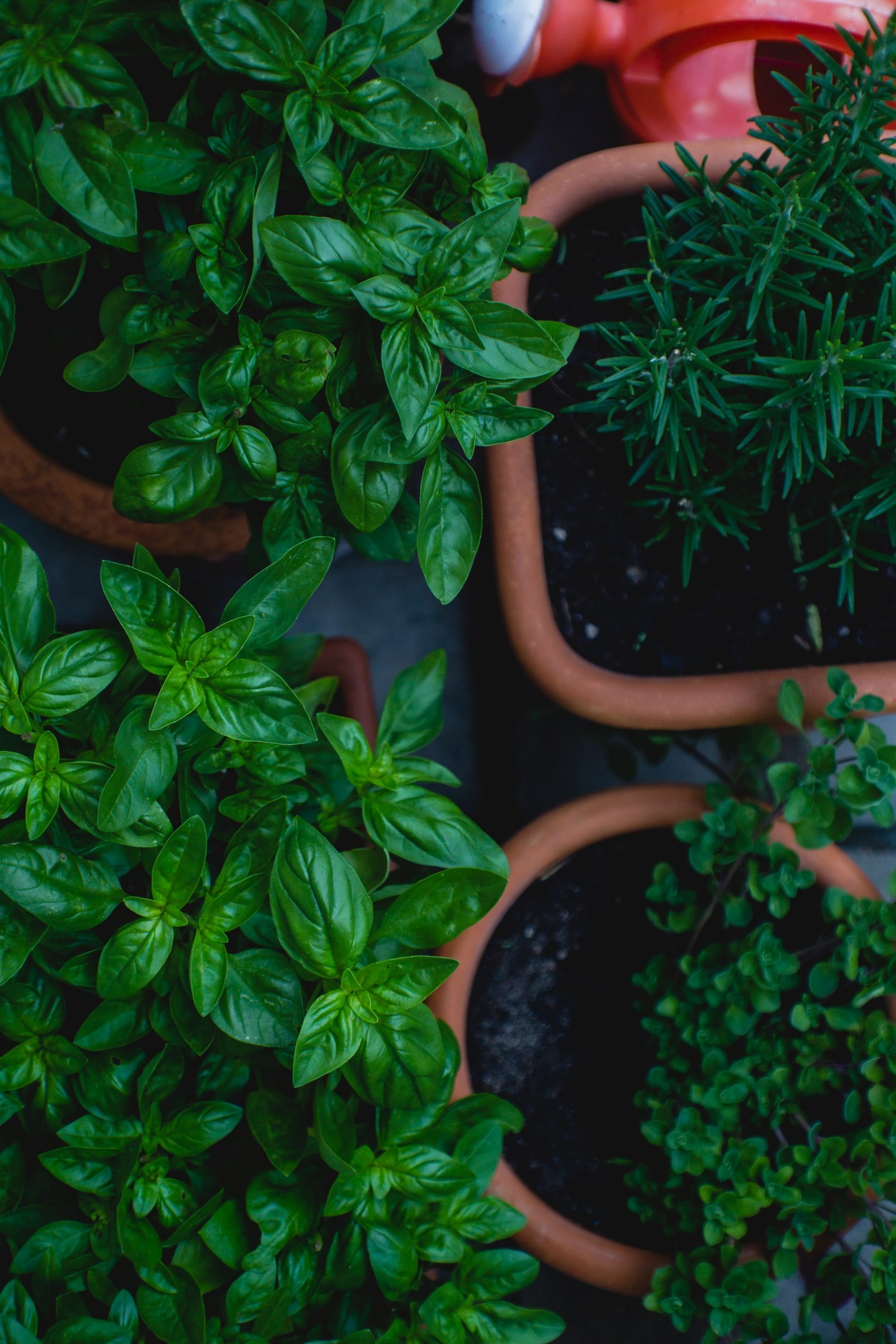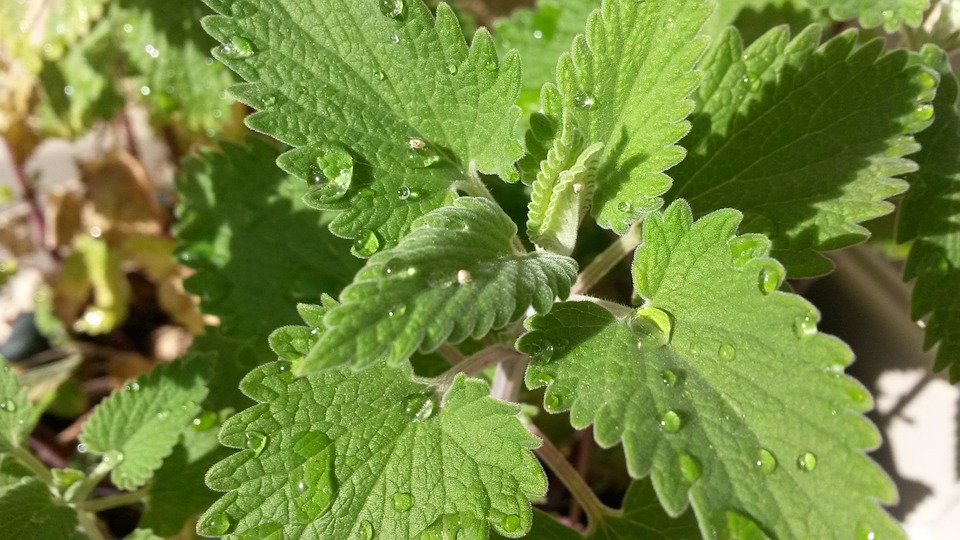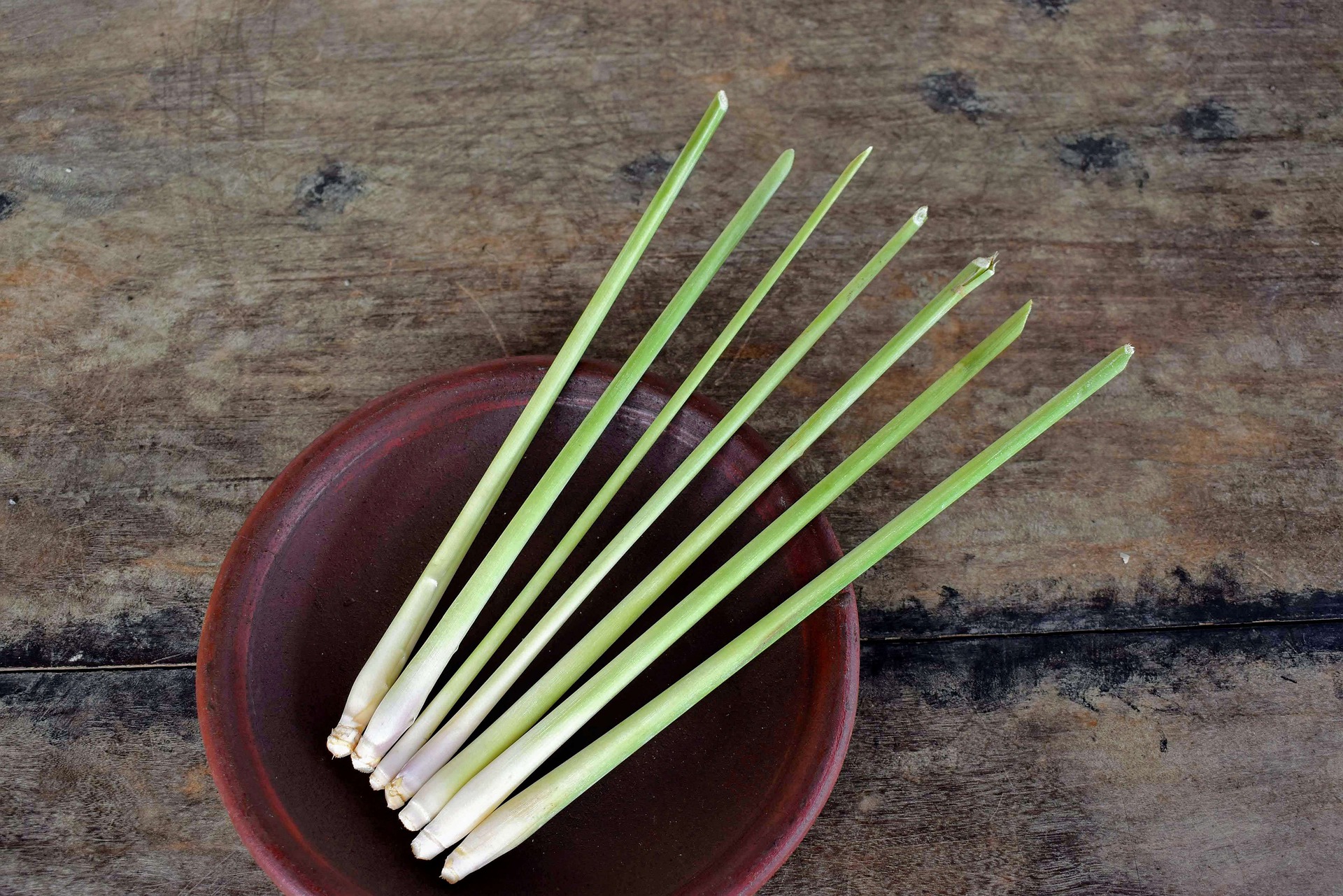It is possible to repel insects naturally without using citronella candles or pesticides, whether you want to repel mosquitoes or keep harmful pests away from your vegetable garden. Grow one or more insect-repelling plants for a DIY pest remedy that is both ecologically benign and effective.
Many herbs, vegetables, and flowers have strong smells, making them excellent pest-control companion plants. The growing plant is better as insecticides have a lot of disadvantages…
Disadvantages Of Insecticides
Humans who use insecticides are not immune to the dangers they pose. Insecticides have the potential to harm far more organisms than the ones they’re designed to kill. They destroy fish and other aquatic creatures by runoff, drift, leaching, or accidental discharge when they enter water sources. Birds die from drinking contaminated water, ingesting infected insects, and accidentally spraying.

Garden Plants That Repel Insects Naturally
One of the drawbacks of using chemical pesticides is that frequent insecticides cause insects to develop resistance to the point where the insecticide has little or no impact.
List Of Plant Which Acts As Insect Repellant
Ocimum basilicum, also known as Basil, is an easy-to-grow culinary herb that works as a mosquito and housefly repellant. To create a protective barrier around patios, plant basil in pots and position them around them.
This delicate plant blooms annually in the spring and summer, attracting bees and other beneficial pollinators.
Bay leaf is a slow-growing repelling plant frequently used in soups and stews. Flies, cockroaches, and ants are all deterred by bay leaves.
You can buy bay leaves at the grocery store instead of planting your bay leaf plant and scatter bits of the leaves around pest-prone regions of your garden.
Chives: This allium plant repels Japanese beetles, carrot flies, aphids, mites, and even rabbits when planted in your garden.
Chrysanthemums: Spider mites, silverfish, Japanese beetles, ants, bed bugs, roaches, and fleas are all deterred by chrysanthemums, which naturally contain the component pyrethrum, which is found in many manufactured insect repellents.
Dill: Planting dill in your vegetable garden will keep critters like spider mites, squash bugs, and aphids away. One word of caution: Dill has been known to attract tomato hornworms, so keep it away from your tomato plants.
Carrot flies, cabbage worms, slugs, and aphids are all repelled by garlic, a pungent allium plant.
Geraniums: Geraniums are a popular flower for flower gardens and hanging baskets because they repel various insects, including mosquitoes and leafhoppers.

Lemongrass is a prominent addition to herbal teas since it is a beautiful, tall-growing ornamental grass. It contains citronella oil, a pleasant scent, and mosquito repellent.
Lemon thyme: Lemon thyme is a mosquito repellent commonly grown for culinary purposes. Its little flowers attract bees, which aid in fertilizing nearby plants.
Marigolds repel insects, aphids, and rabbits with their scent.
Mint: The essential oils present in mint plants, as well as other mint family members such as sage, peppermint, hyssop, lemon balm, oregano, and catnip, are all effective insect repellents. According to studies, catnip essential oils are more efficient at repelling mosquitos than the chemical DEET found in most commercial insect repellents.
Nasturtiums are a popular flower to place along the border of vegetable gardens. Nasturtiums are regarded as a “trap crop” because they attract bugs to their leaves rather than repelling them. This implies that pests like cabbage moths and aphids will target nasturtiums rather than cabbages, tomatoes, or beans.
Parsley: This brilliant green biennial herb is a culinary garnish and works as an asparagus bug repellant.
Petunias: Aphids, tomato hornworms, and asparagus beetles are all controlled by petunias, which come in various colourful hues to brighten up any flower bed. Rather than repelling pests, Petunias catch them in their sticky stamens, where they perish rather than damaging your plants.
Thyme: Thyme is sometimes used medicinally, and its essential oils are an excellent natural insect repellent, especially for cabbage loopers, whiteflies, tomato hornworms, and maize earworms.
Let us know in the comments if you will try any of these plants…



2 thoughts on “Garden Plants That Repel Insects Naturally”